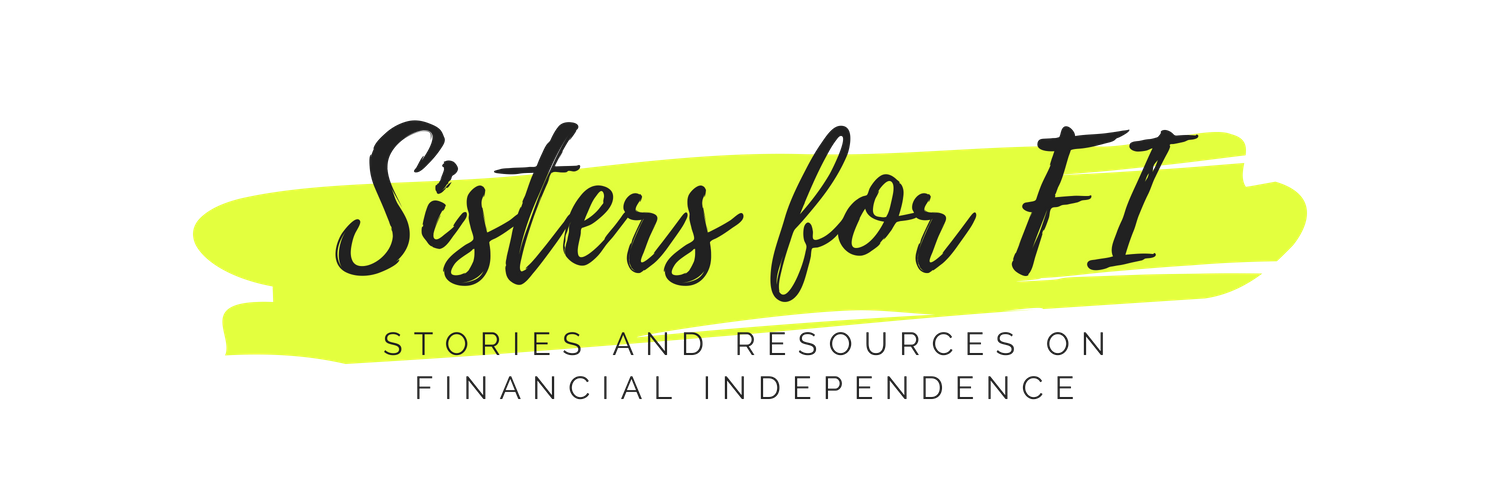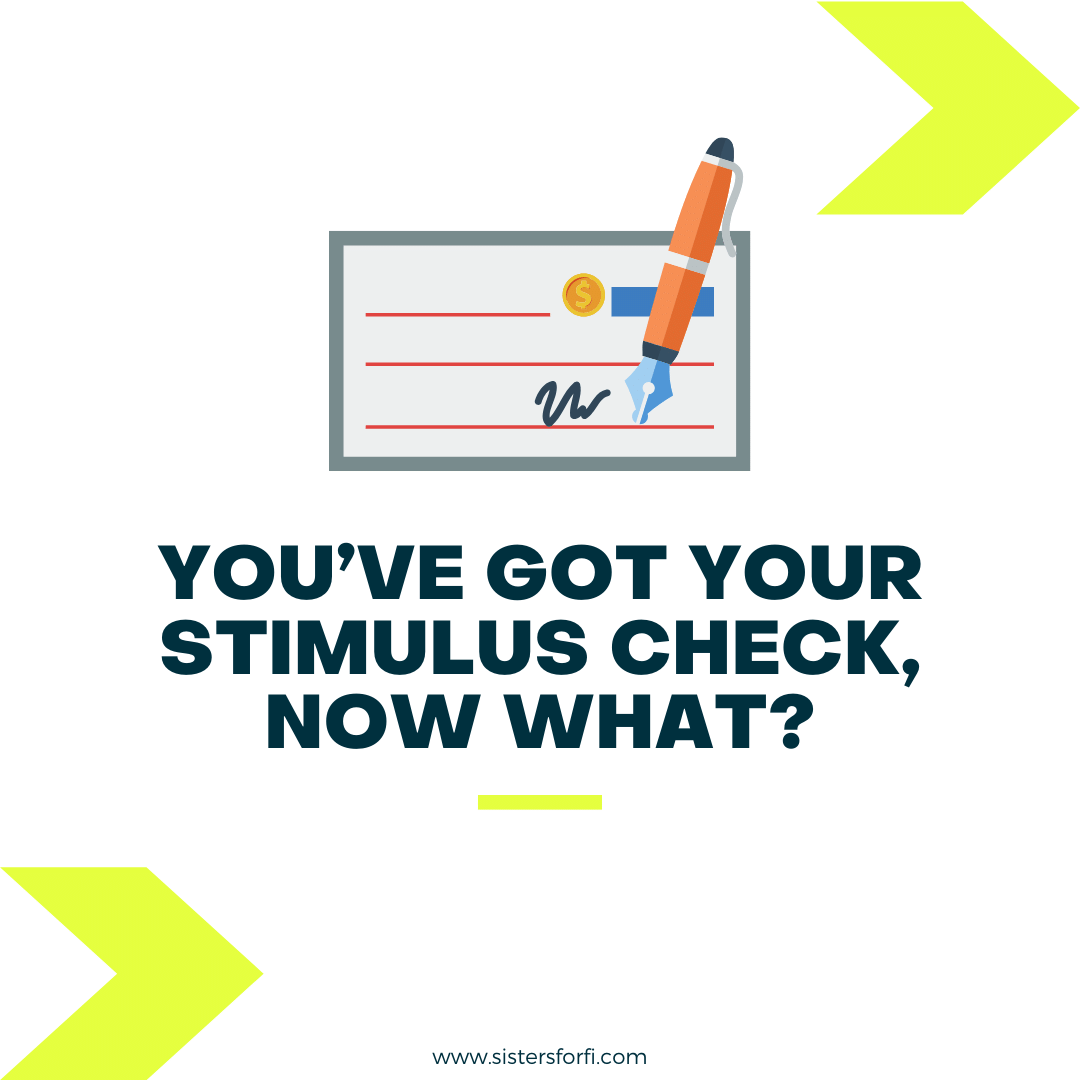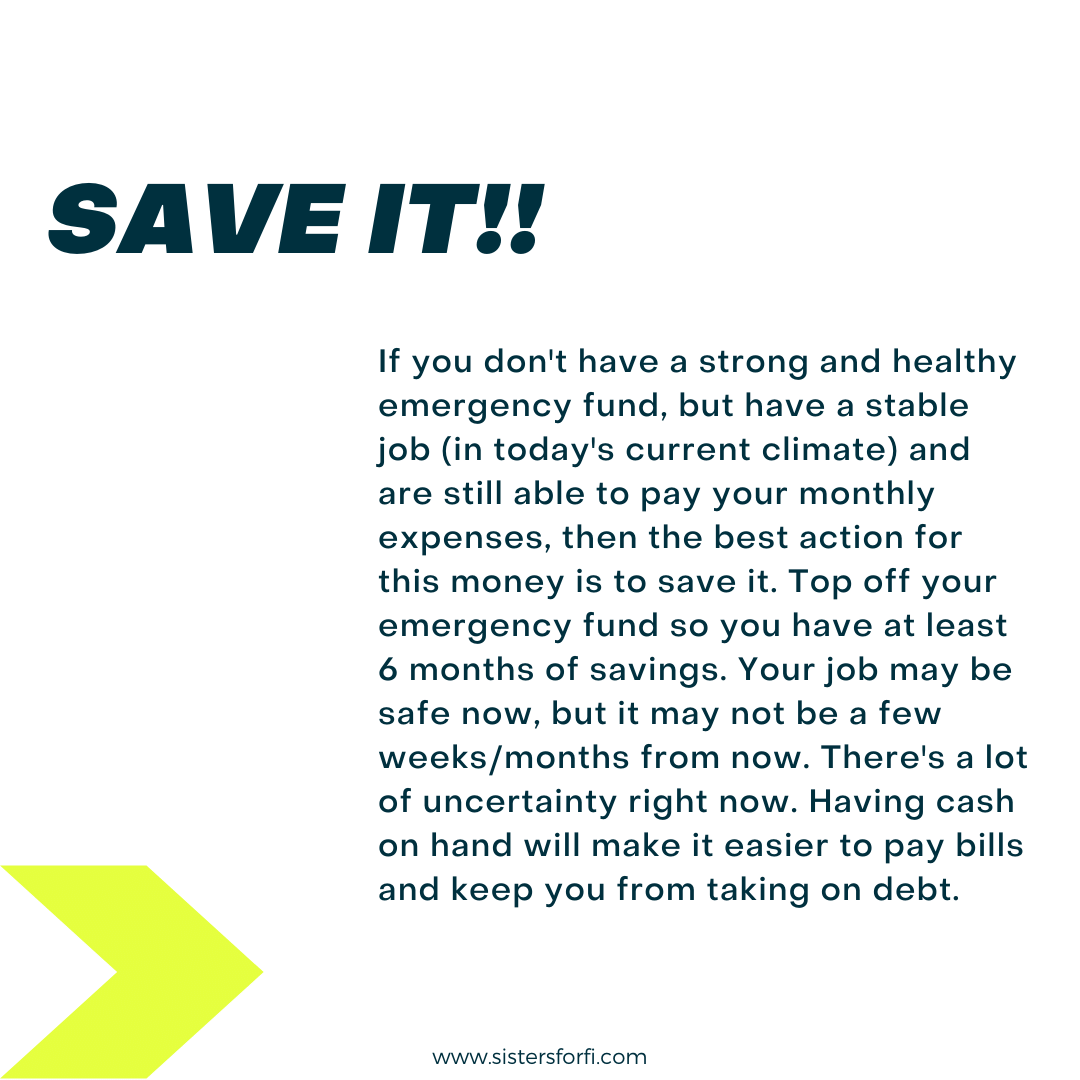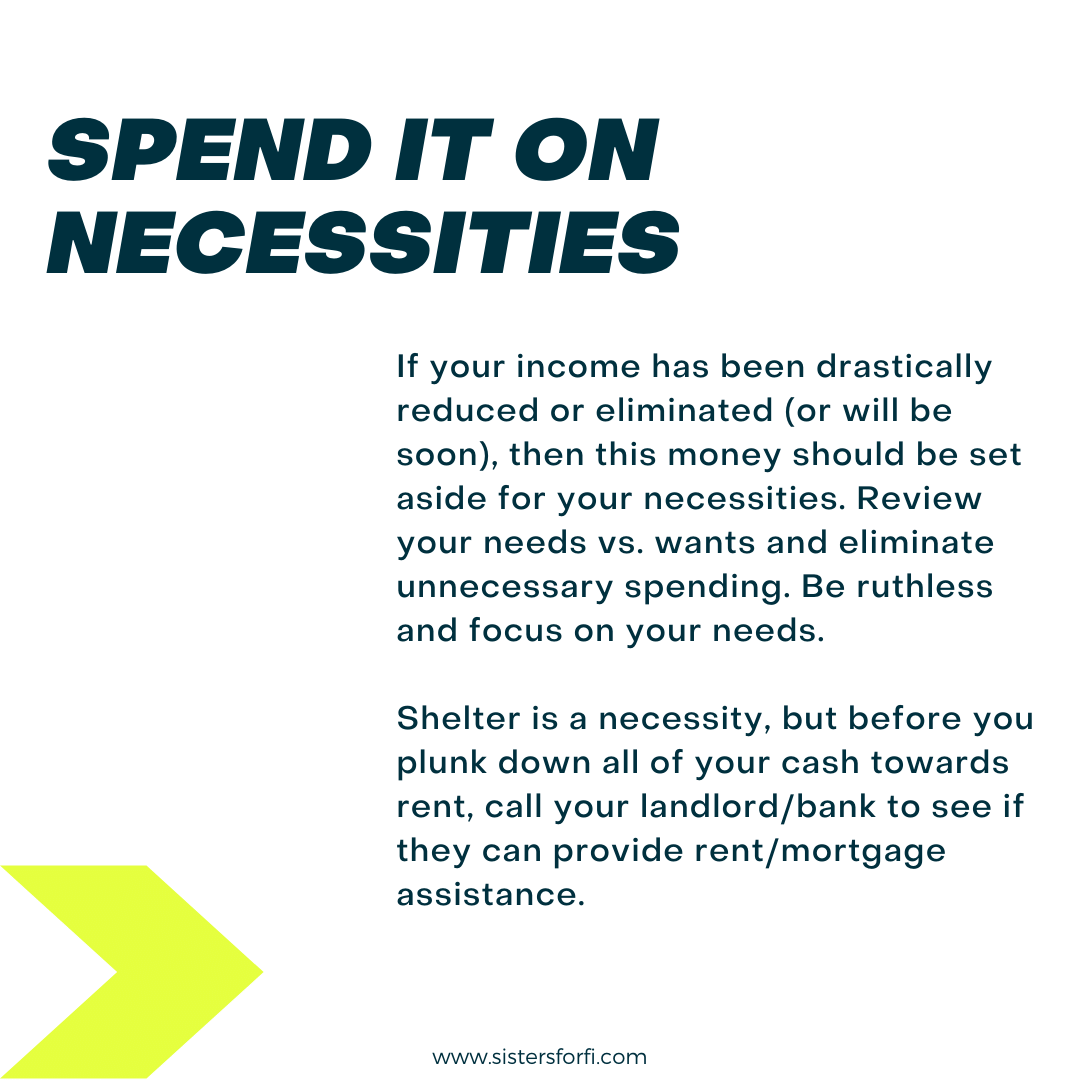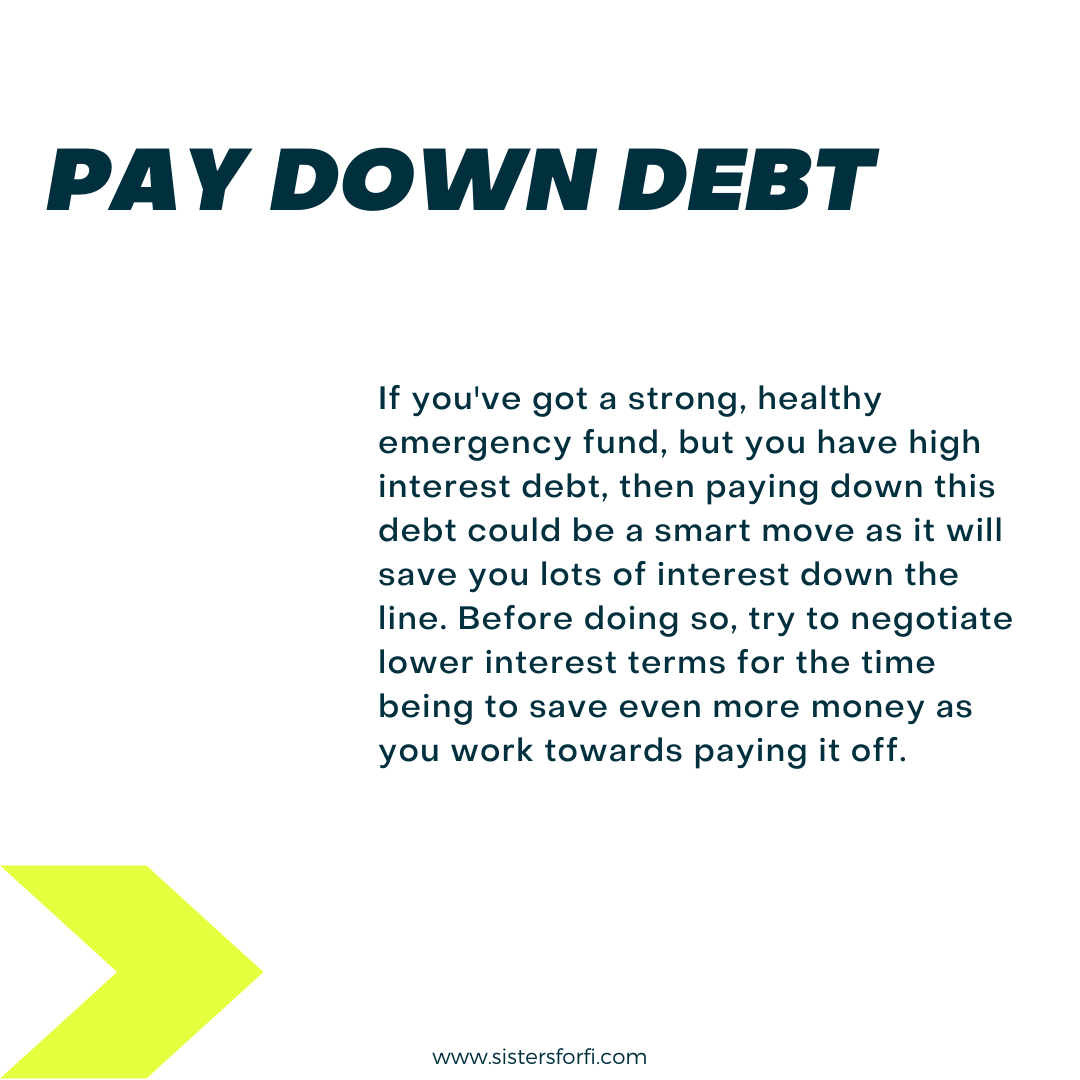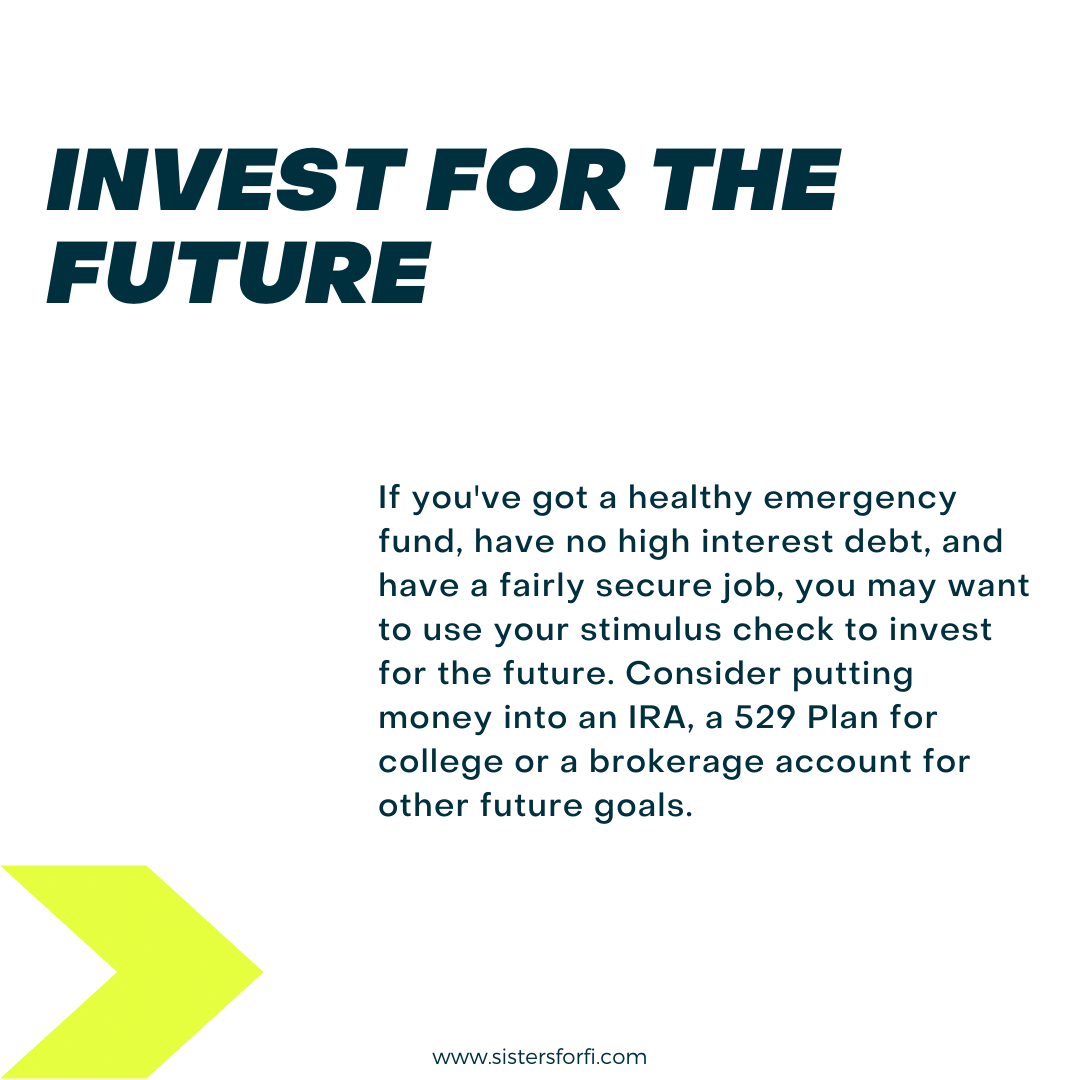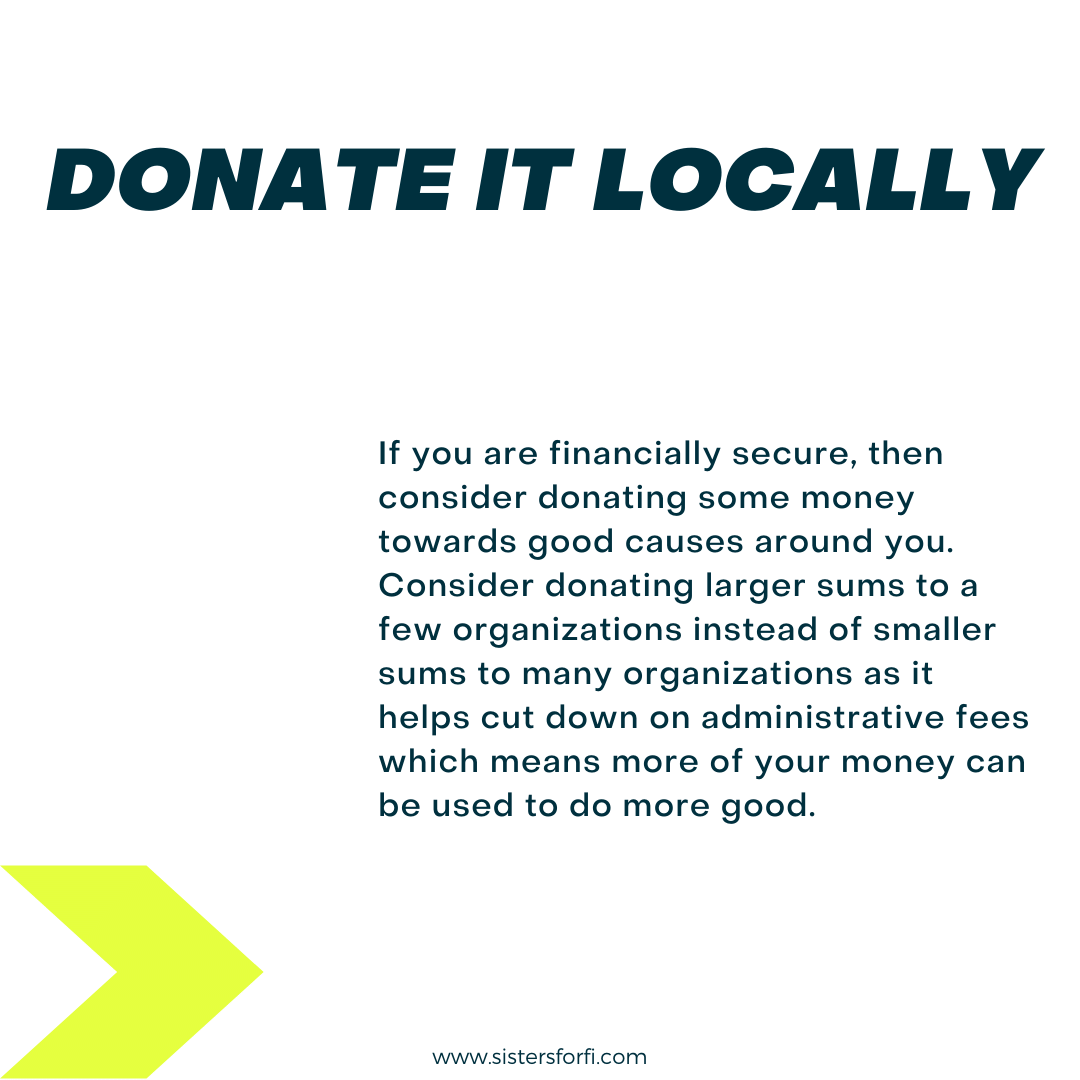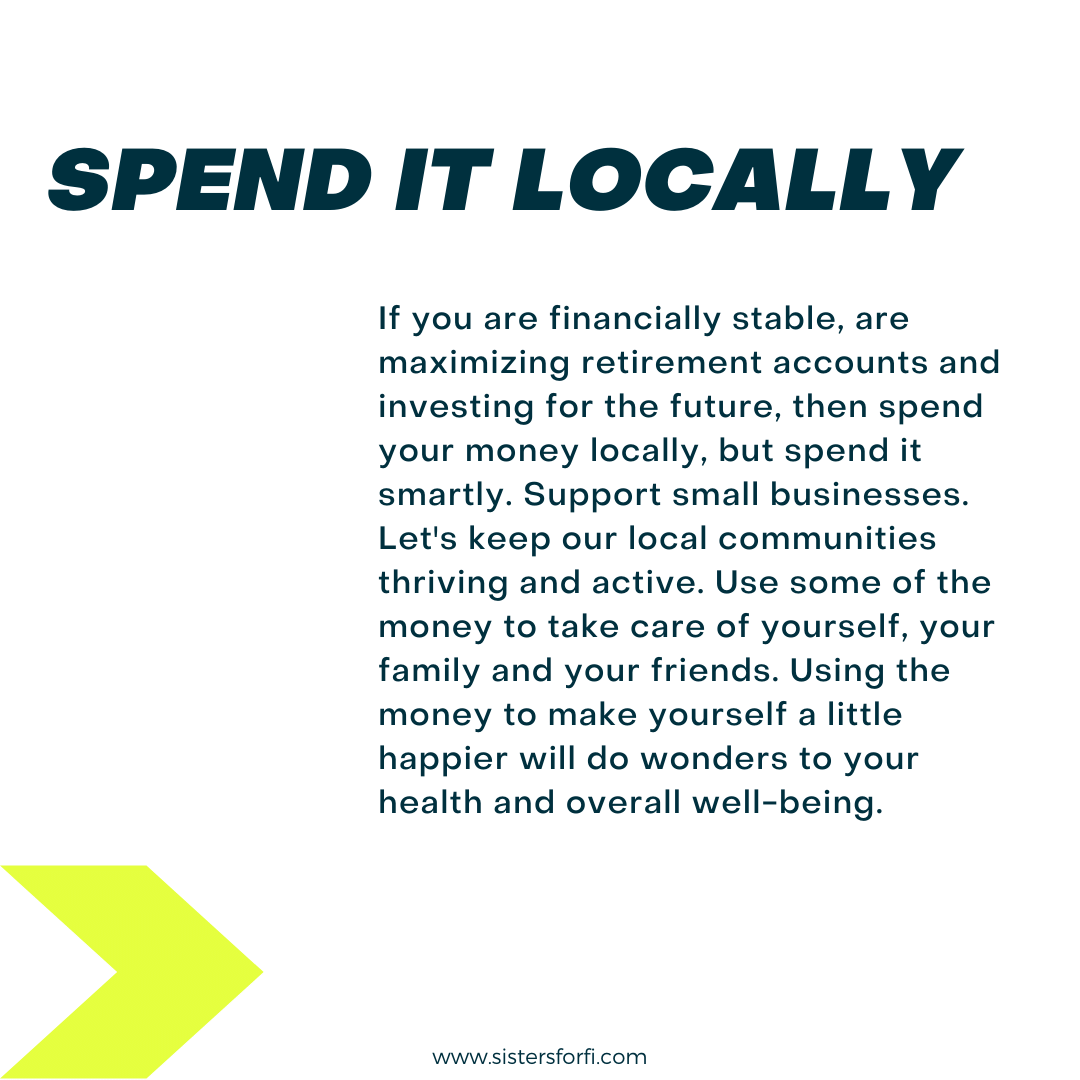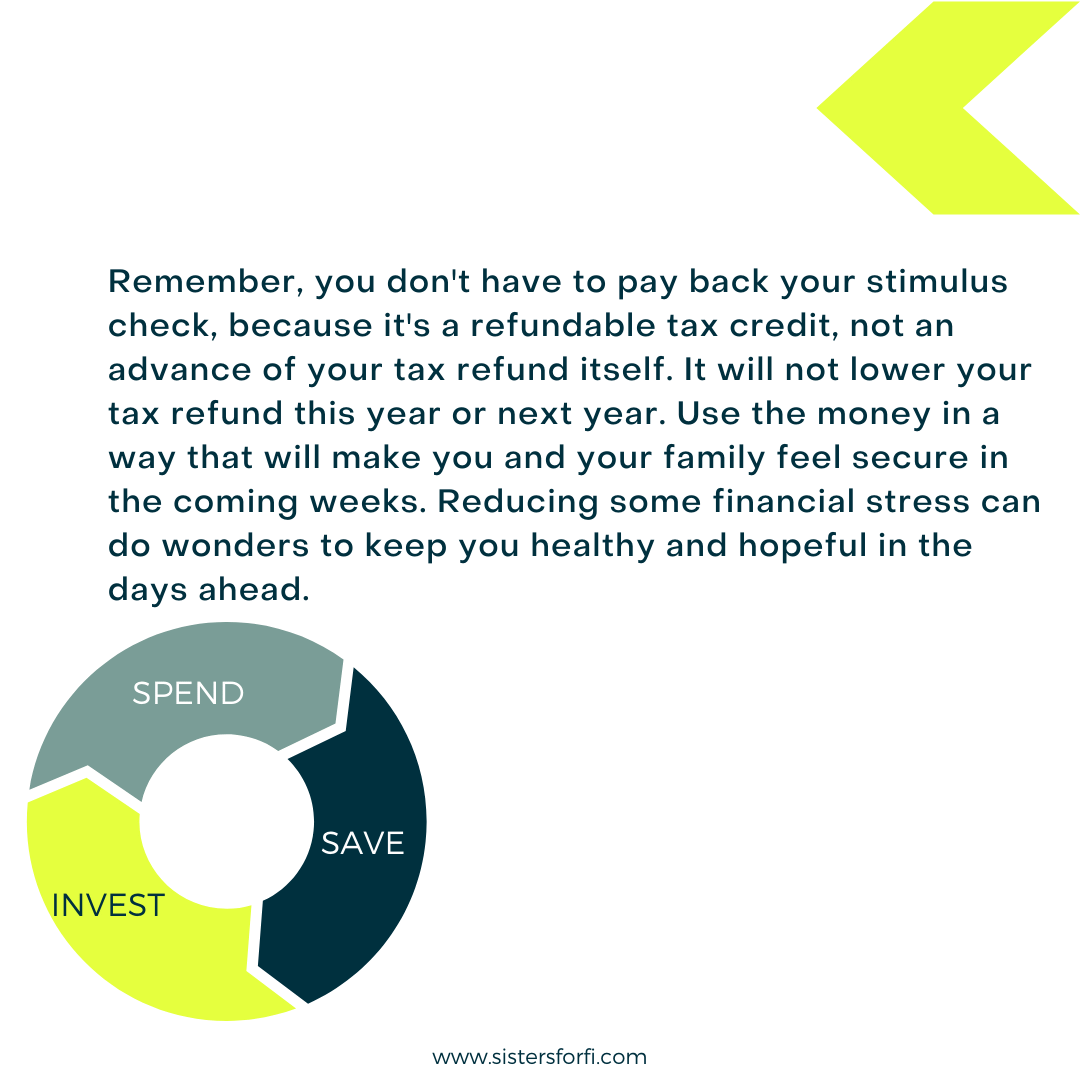You’ve Got Your Stimulus Check, Now What?
Updated March 15, 2021.
As of today, March 15, the American Rescue Plan Act has been passed and signed by President Biden. There are lots of items in the Act and here’s an overview. There’s lots in the Act to help families immediately including a $1400 per-person check. For the first time, adult dependents are entitled to a check as well . There is still an income cap so you’ll have to check your family’s income or use this calculator to see if you will receive a check. The Act will also provide more aid to children which could be a big step in lifting million of families with kids out of poverty.
Here’s some additional info from the taxfoundation.org.
The CARES Act
As a reminder, here are the details of the first stimulus package. I’m keeping in it in this post for historical purposes.
Many Americans are beginning to receive their stimulus checks as part of The CARES (Coronavirus Aid, Relief and Economic Security) Act to relieve some of the financial pressure brought on by the pandemic.
Depending on your income level and dependents, you may have already received the money from the US Treasury. People who filed a 2018 and 2019 tax return and had direct deposit information with the IRS will receive the check first with paper checks going out in May. If you are unsure if you will be getting a check or how much, use this handy calculator to find out. Scroll down to CARES Act Rebate Calculator or check the graph. Again, I’ve included The Cares Act info if you want to compare it against the American Rescue Plan
Relief Rebate from The CARES Act via taxfoundation.org
The money is being given with no strings attached. Your stimulus payment is technically a refundable tax credit. The goal of the money is to help U.S. households weather the effects of the coronavirus pandemic and pump some extra cash into the economy by supporting consumer spending. This doesn't mean, however, that you need to spend your entire stimulus check right away or all in one place. Have a plan for this money so that you can better secure your family's financial future today.
Here are the many ways you can use this money wisely.
Note that personal finance is personal so do what is best to ensure you reduce your financial stress at this time and secure your family’s financial future. Remember that reducing financial stress keeps you healthier longer so you will be more available to the people you love.
Side note: Please, please do not give any of your personal info to anyone other than to the irs.gov website. No one should be calling you requesting your banking info.
Save It
If you don't have a strong and healthy emergency fund, but have a stable job (in today's current climate) and are still able to pay your monthly expenses, then the best action for this money is to save it. Top off your emergency fund so you have at least 6 months of savings. Your job may be safe now, but it may not be a few weeks/months from now. While industries like tourism, entertainment, restaurants and retail are getting hit hard, so are the energy industries, financials, and many other areas so time will tell when all this trickles down. There's a lot of uncertainty right now. Having cash on hand will make it easier to pay bills and keep you from taking on debt. The best thing to do is to split your stimulus check and save a portion into a high yield savings account. You want it to be accessible in case you need to access it right away.
Spend It on Necessities
If your income has been drastically reduced or eliminated (or will be soon), then this money should be set aside for your necessities. Review your needs vs. wants and eliminate unnecessary spending. Be ruthless and focus on your needs. This can be done by reviewing past debit and credit card statements. Keep one or two luxuries to keep you at the peak of fulfillment but everything else has to go. Doing so ensures you have enough cash and room to provide for you and your family without taking on too much debt.
Shelter is a necessity, but before you plunk down all of your cash towards rent, call your landlord/bank to see if they can provide rent/mortgage assistance. Be weary of plunking your entire stimulus check into one thing since it will be hard to use it for other expenses.
Pay Down Debt
If you've got a strong, healthy emergency fund, but you have high interest debt, then paying down this debt could be a smart move as it will save you lots of interest down the line. Before doing so, call up your lenders to negotiate lower interest terms for the time being to save even more money as you work towards paying it off. One or two percent off your interest rates can add up significantly so do the due diligence and check with your creditors to see what can be done.
It’s important to prioritize debt here. If you’ve got private high interest student or credit card debt, then paying off a portion could help you financially in the long-term. If you have government student loans that qualified for the 0% interest until September, continue to make minimum payments or consider paying it down more.
Invest for the Future
If you've got a healthy emergency fund, have no high interest debt, and have a fairly secure job, you may want to use your stimulus check to invest for the future. We have to continue to think long-term. Businesses, schools and parks will open up soon and while our new normal will change, we must continue to plan for the future. Consider putting money into an IRA, a 529 Plan for college or a brokerage account for other future goals.
Grab a copy of The Money Journal and secure your family’s financial future.
Donate It Locally
If you are financially secure, then consider donating some money towards good causes around you. Consider donating larger sums to a few organizations instead of smaller sums to many organizations as it helps cut down on administrative fees which means more of your money can be used to do more good. Check around for smaller organizations that may be impacted around you. Smaller non-profits will be hurting more for cash at this time as most of their fundraising events and initiatives have been cancelled. Smaller organizations are also less likely to get large funding from corporations.
Spend It Locally
If you are financially stable, are maximizing retirement accounts and investing for the future, then spend your money locally, but spend it smartly. Support small businesses. Let's keep our local communities thriving and active. Use some of the money to take care of yourself, your family and your friends. Using the money to make yourself a little happier will do wonders to your health and overall well-being.
Remember, you don't have to pay back your stimulus check, because it's a refundable tax credit, not an advance of your tax refund itself. It will not lower your tax refund this year or next year. Use the money in a way that will make you and your family feel secure in the coming weeks. Reducing some financial stress can do wonders to keep you healthy and hopeful in the days ahead.
If you get the stimulus check and don’t need it because you are financial stable, there’s no need to feel guilty about it. First, good for you for managing your money well. We know it takes a lot of discipline, sacrifice and effort to get to that point so don’t downgrade your work thus far. Second, it’s your money and many other’s will receive theirs too. See if you can find a way to redistribute your good blessings to others. Paying forward is sometimes the best thing to do at this time.
Our family will be doing all of the above. We are getting some money and we will be splitting it up so we can secure our future, but also support others in the process.
How about you? What will you do with your check?
